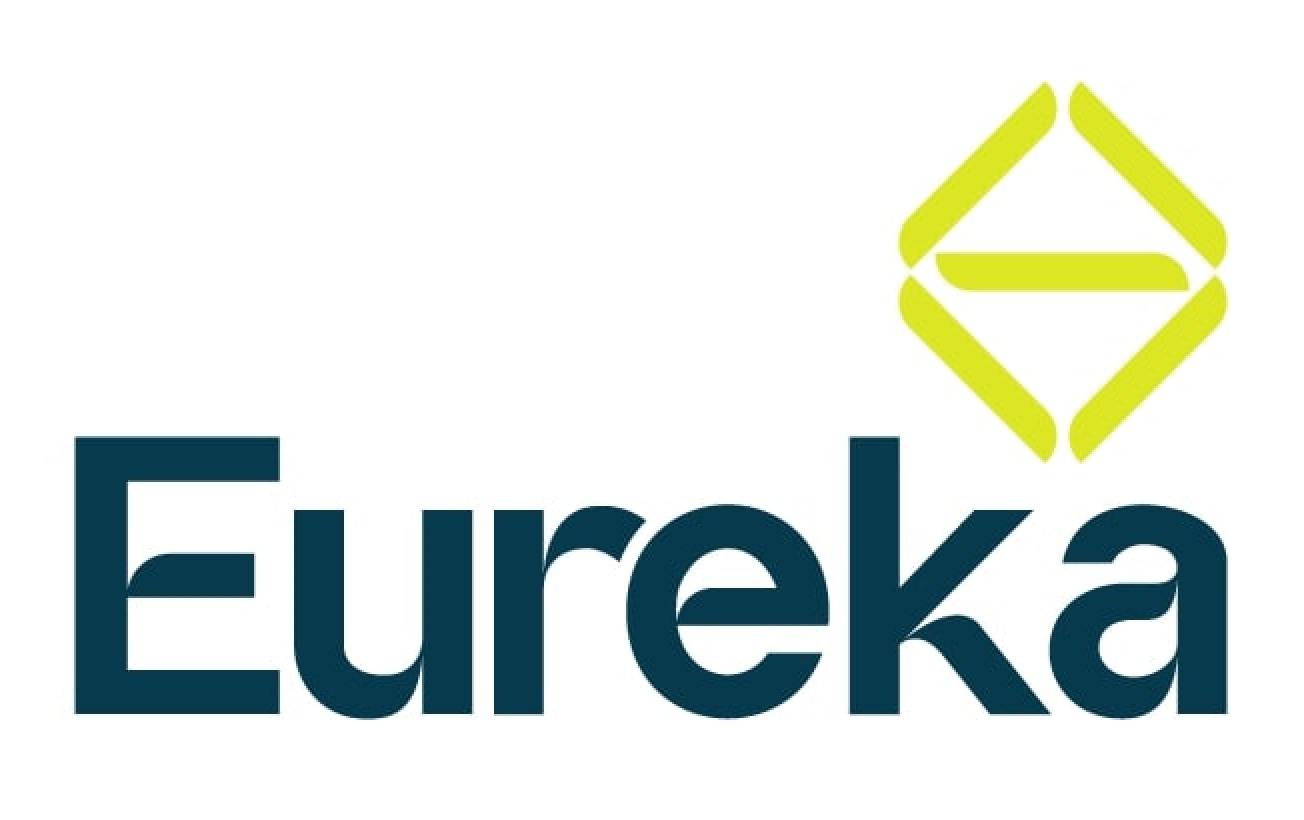What is the role of ‘assessments’ in recruitment?
The general term ‘assessment’ that we know in the work context typically refers to evaluating individuals' skills, knowledge, abilities, and personality traits. There are, of course, other characteristics that are equally important when choosing a candidate to join your team and the larger organisation. While KSAs (knowledge, skills, and abilities) are very important to match the job in question, characteristics such as a person’s personality, communication, learning style, personal value, and motivation are equally, if not more important, as these would determine the candidate’s outlook and commitment towards the role they are applying for. So, assessments can take various forms, such as tests, interviews, simulations, and evaluations.
Assessments embedded in the hiring process are crucial for several reasons:
1. Objective Decision Making: It provides employers with concrete data to make informed decisions about hiring, promotion, or training.
2. Identifying Strengths and Weaknesses: Assessments help identify candidates' strengths and areas for development, aiding in better placement and support within the organisation.
3. Predicting Job Performance: Certain assessments, such as cognitive tests or job simulations, can predict how well candidates will perform in specific job roles.
4. Reducing Bias: When designed and implemented properly, assessments can help reduce bias in hiring decisions by focusing on objective criteria rather than subjective judgments.
5. Improving Employee Retention: By ensuring that candidates are well-suited for the role, assessments can contribute to higher job satisfaction and lower turnover rates.
An assessment provides several advantages in the hiring process:
1. Efficiency: It helps streamline the hiring process by quickly identifying candidates who possess the required skills and qualifications for the jobs advertised.
2. Cost-Effectiveness: Assessments can help minimise the cost associated with hiring by reducing the likelihood of hiring individuals who are not a good fit for the role in a fair and non-biased approach.
3. Quality of Hire: By ensuring that candidates are assessed based on relevant criteria, organisations can improve the quality of their hires, leading to better overall performance and productivity.
4. Legal Compliance: Using standardised assessments can help ensure that hiring practices comply with legal regulations, particularly regarding discrimination and equal employment opportunities.
Assessments are for various stakeholders:
1. Employers: They use assessments to make informed decisions about hiring, promotion, and development of employees.
2. Candidates: Assessments provide candidates with an opportunity to showcase their skills and abilities, ensuring that they are well-suited for the role. Also, assessments can help candidates understand and learn about themselves better. In areas where they may have over or underrated themselves against a role they are applying for, there are candidates who would like to be assessed if their preferences and values have changed over the years.
3. HR Professionals: Human resources professionals utilise assessments to design effective hiring processes, identify training needs, and support talent management initiatives.
Assessment can also be integrated into different stages of the hiring process:
1. Pre-Screening: Assessments may be used initially to screen candidates based on their qualifications, skills, or personality traits.
2. Interviews: Some assessments, such as competency-based interviews or situational judgment tests, may be conducted during the interview stage to further evaluate candidates' suitability for the role.
3. Final Selection: Assessments may also be used as a final step in the hiring process to validate hiring decisions or inform onboarding and training plans.
Ready to transform your hiring process and harness the full potential of your team? Start integrating comprehensive assessments today and pave the way for a dynamic, innovative, and inclusive workplace. Let's elevate your hiring strategy – together.
Share our insights
Recent insights




